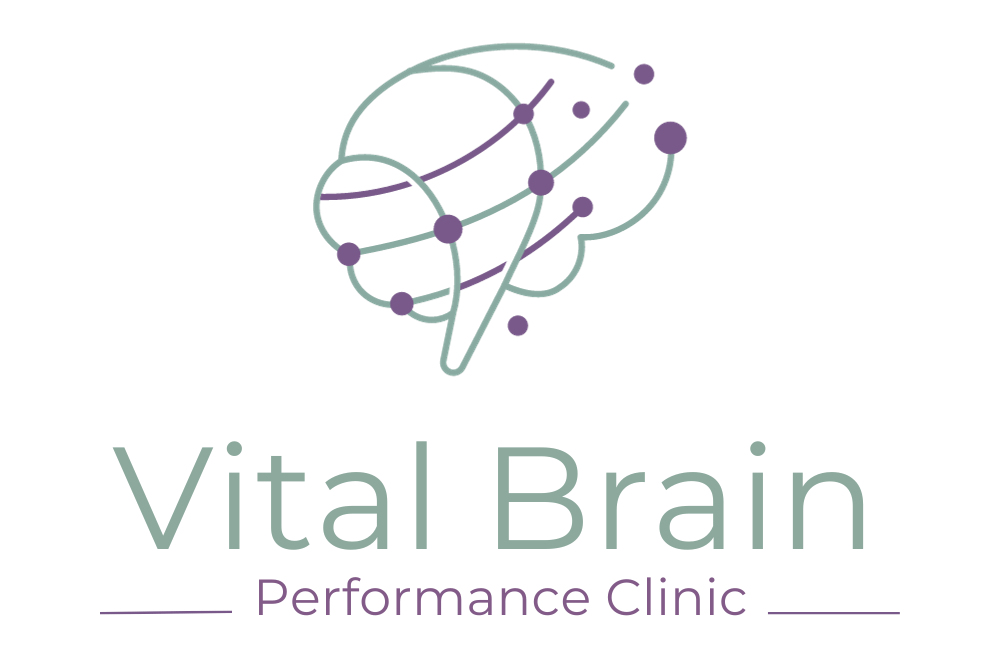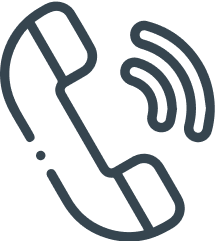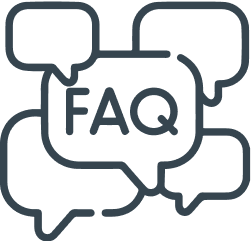Insomnia, the persistent difficulty in falling or staying asleep, can significantly impact your quality of life. It can lead to daytime fatigue, irritability, difficulty concentrating, and even more serious health problems. While traditional treatments like medication and therapy can be effective, managing insomnia with neurofeedback offers a non-invasive and drug-free approach.
Understanding the Neurofeedback Process: How It Works for Managing Insomnia with Neurofeedback

Managing insomnia with neurofeedback involves training your brain to function more optimally. During a neurofeedback session, sensors are attached to your scalp to measure brainwave activity. These sensors are connected to a computer that provides real-time feedback on your brainwave patterns.
As you relax during the session, the computer displays visual or auditory cues that signal when your brainwaves are in a desired state, typically a state associated with relaxation and sleep. When your brain recognizes these cues, it learns to self-regulate, leading to improved sleep quality and reduced insomnia symptoms.
Tips for Maximizing Your Neurofeedback Sessions for Better Sleep Outcomes
To maximize the benefits of neurofeedback for insomnia, consider the following tips:
- Regular Sessions: Consistency is key. Regular neurofeedback sessions can help you achieve optimal results and reinforce the brain’s learning process.
- Relaxation Techniques: Practice relaxation techniques like deep breathing, meditation, or yoga before and after your sessions to enhance their effectiveness. These techniques can help you enter a calm and relaxed state, making it easier for your brain to learn and adapt.
- Healthy Lifestyle: Prioritize a healthy lifestyle by maintaining a regular sleep schedule, reducing stress, and limiting caffeine and alcohol intake, especially close to bedtime. These lifestyle changes can complement your neurofeedback treatment and enhance its effectiveness.
- Open Communication: Communicate openly with your neurofeedback provider about any concerns or questions you may have. They can provide guidance, adjust your treatment plan as needed, and answer any questions you may have.
- Patience and Persistence: Neurofeedback is a process that requires patience and persistence. It may take several sessions to see a significant improvement, so it’s important to stick with the treatment plan and trust the process.
By following these tips and committing to the neurofeedback process, you can significantly improve your sleep quality, reduce insomnia symptoms, and enhance your overall well-being through managing insomnia with neurofeedback.
Don’t let insomnia control your life. Take the first step towards better sleep by contacting Vital Brain Performance Clinic today. Our neurofeedback experts are ready to help you reclaim your nights.




